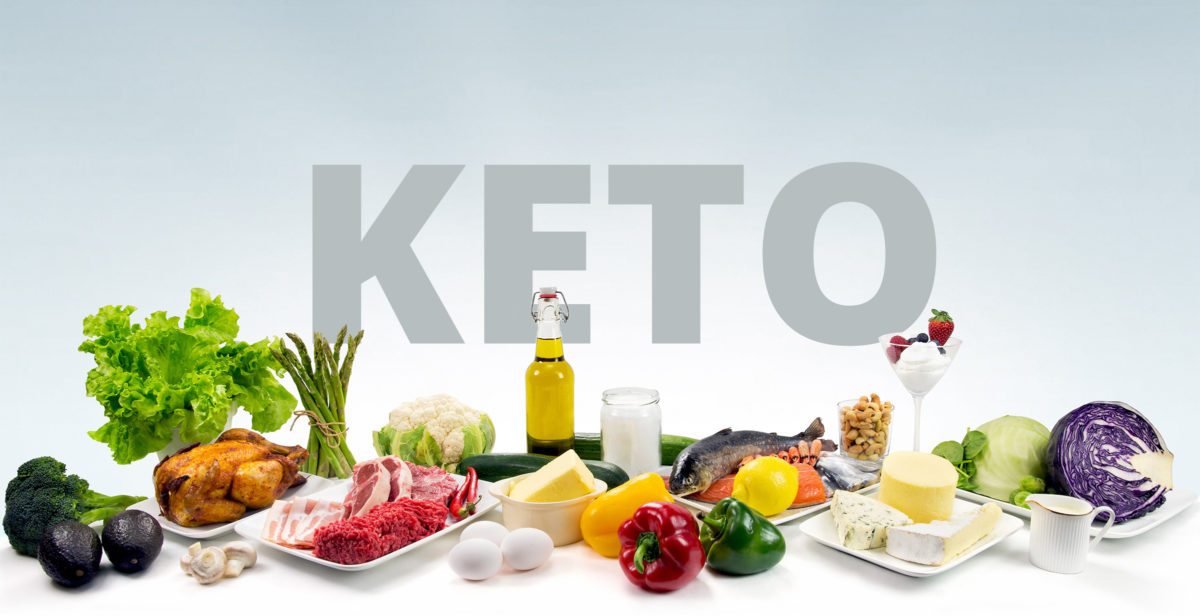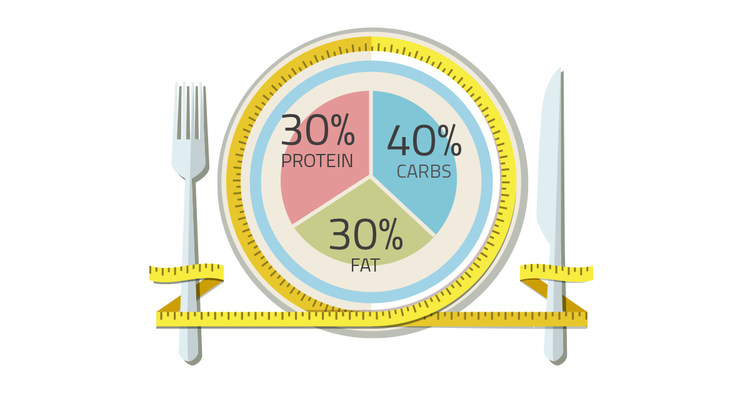Diets have become more than just a means to lose weight; they are now a lifestyle for those who are seeking a healthy life and wishing to avoid chronic diseases that result from unhealthy eating habits. However, not all diets are healthy; we should always choose a diet that contains all nutrients to maintain our health.
There are various diets that use different techniques; let us explore the most famous nowadays.
The Ketogenic Diet
Unlike several other diets, the Ketogenic, also known as Keto, diet depends on increasing fats and decreasing carbohydrates in meals. This diet was originally followed to cure epilepsy, but it is currently followed by many people to lose weight and enjoy a healthy life.
Although it might seem weired to use fats to burn fats, this diet actually works! That is because the body burns excessive fat when it consumes healthy fatty foods, such as nuts, avocado, olive oil, and coconut.
In addition to its role in weight loss on the short term, studies have shown that, on the long term, the ketogenic diet decreases the levels of blood sugar and Low-Density Lipoprotein (LDL) cholesterol, and increases the levels of High-Density Lipoprotein (HDL). It is worth mentioning that those who follow the diet accurately have not witnessed any side-effects; as such, the ketogenic diet is safe to follow for long periods.

(Source: link)
The Zone Diet
This is a balanced diet, which aims to decrease weight through consuming certain amounts of food with constant percentages. The Zone Diet is the most common diet because it does not forbid any kid of food. On the contrary, it recommends consuming 40% carbohydrates, 30% fats, and 30% proteins, provided that the total amount of calories of all meals during one day ranges 1200–1500 calories.
In this Diet, the total amount of calories consumed by a person per day is less that those their body burns. The average metabolism ratio for adults is 2400 calories daily, which can increase or decrease according to various variables, such as age, gender, and health state. Consequently, the body resorts to its fat reservoir.

The Vegetarian Diet
It is commonly known as the diet that prohibits the consumption of meat; however, this definition is inaccurate. Whereas some vegetarians consume milk and dairy products, some do not, and while some consume eggs and gelatin, some do not. In fact, there are several sub-types of the vegetarian diet, including:
- The Vegan Diet: This diet depends entirely on vegetables and fruits, and whatever is cultivated. It forbids the consumption of all animal products and their derivatives, such as eggs, milk, honey, etc., as well as fish and seafood.
- The Lacto Vegetarian Diet: This diet depends on vegetables and fruits, in addition to milk and dairy products. However, it forbids the consumption of eggs and fish.
- The Ovo-Lacto Vegetarian Diet: This diet is similar to the Lacto Vegetarian Diet, but it allows the consumption of eggs.
- The Pesco-Vegetarian Diet: This diet allows the consumption of fish.
Studies have shown that the Body Mass Index (BMI) increases as people make more animal product choices in their diet; they are high for meat consumers, moderate for those who consume fish, and low for vegetarians. A huge number of people around the world follow this diet for several reasons, the most important of which is to prevent obesity-related diseases such as Type 2 Diabetes.
.jpg)
The Atkins Diet
This diet is named after Robert Atkins who developed it in 1972. It is considered one type of the Ketogenic diets as it depends on fats, and not carbohydrates, as the energy source for the body.
In the first phase of the diet, people should decrease their consumption of carbohydrates to 10% of the their daily consumption. As such, the blood sugar decreases to its least normal level, causing insulin secretion to decrease and urging the body to burn fats for energy.
In the second phase, the body gradually loses its fat stock, making it possible to introduce complex carbohydrates as in legumes. The last stage is weight stabilization, which allows consuming other types of carbohydrates, yet with certain amounts.

Conclusion
You should not select a diet by yourself without consulting a specialized physician, for each diet has its own regulations, side effects, and risks as well. To avoid these risks, the doctor should determine which diet is suitable for you, and the correct amount of food that is suitable for your body. In addition, you should regularly exercise to achieve better results in weight loss and to lead a healthier life.
References
healthyeating.sfgate.com
medicalnewstoday.com
ncbi.nlm.nih.gov
ncbi.nlm.nih.gov